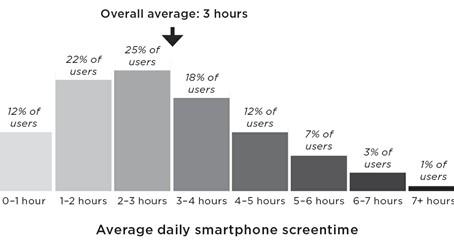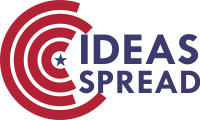The Technology Dilemma - Defining the Line Between Need and Addiction
Abstract
It is possible that addiction is a subject that bears philosophical investigation due to the widespread nature of the problem and the degree to which it is intimately recognizable to us. The field of psychology, with its primary focus on clinical modes of discourse, has historically been the only one to undertake research in the area of addiction. Developing an effective treatment strategy for addiction is a very different challenge than merely comprehending the nature of addiction itself, especially if we add technology to the equation. However, if philosophy is able to contribute to such an understanding, then it may not be owing just to the insightful musings of philosophers, but rather to the increasingly provocative nature of the problem, issue, or even reality that is being investigated. It is possible that addiction is more of a forerunner of shifting cultural horizons and a symbol of an impending (human) crisis than it is merely a medical or clinical condition. If this is the case, then addiction is indicative of an impending crisis. By presenting a point of entrance to this historical fork in the road, it is possible that the subject of addiction can become debatable, or in other words, transform into a philosophical conundrum. This paper is trying to give in insight of the thin line between need and addiction in using technology.
Downloads
References
Barseghian, T. (2017). How Teachers Make Cell Phones Work in the Classroom. MindShift. May 2012. Web. 8 Feb. 2017.
Conrad, B. (2017). Why Is Facebook Addictive? Twenty-One Reasons for Facebook Addiction; TechAddiction. Web. 8 Feb.
Goldstein, R. Z., & Nora, D. V. (2017). Dysfunction of the prefrontal cortex in addiction: neuroimaging findings and clinical implications. https://doi.org/10.1038/nrn3119
Hargrove, R. (2013). The Role of Technology in Developing Students Creative Thinking Abilities. IATED Digital Library. Web. 2 Apr.
Lin, F., Zhou, Y., Du, Y., Qin, L., Zhao, Zh., Xu, J., & Hao, L. (2012). Abnormal White Matter Integrity in Adolescents with Internet Addiction Disorder: A Tract-Based Spatial Statistics Study. https://doi.org/10.1371/journal.pone.0030253
Schalow, F. (2017). Towards a Phenomenology of Addiction: Embodiment, Technology, Transcendence. Springer, New Orleans. https://doi.org/10.1007/978-3-319-66942-7


This work is licensed under a Creative Commons Attribution 4.0 International License.
Copyright for this article is retained by the author(s), with first publication rights granted to the journal.
This is an open-access article distributed under the terms and conditions of the Creative Commons Attribution license (http://creativecommons.org/licenses/by/4.0/).









1.png)









1.png)











